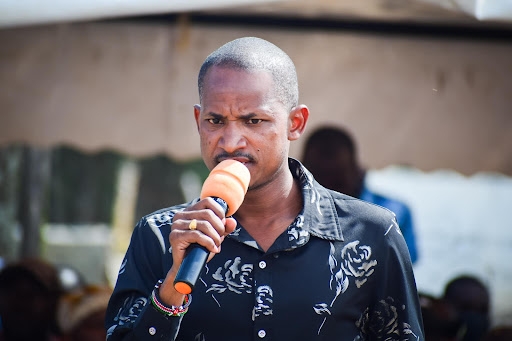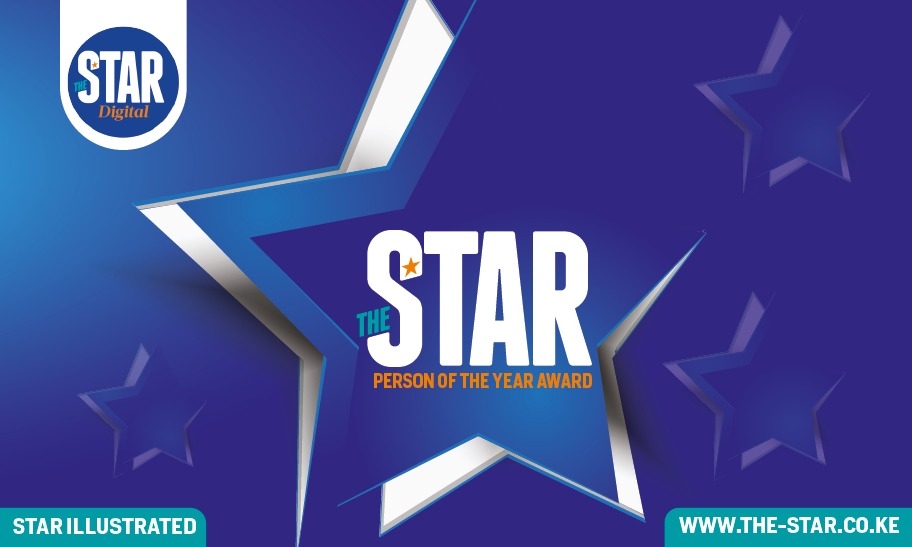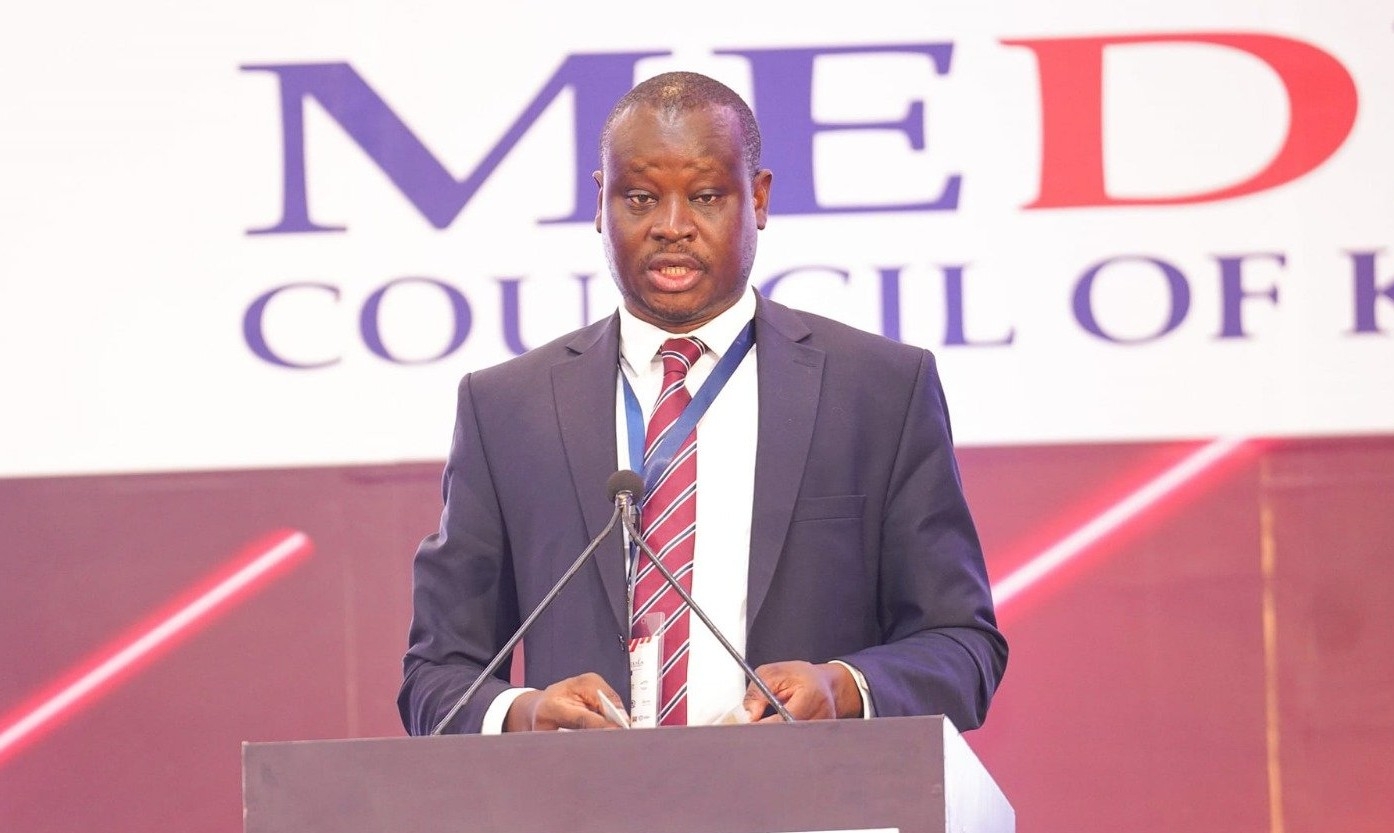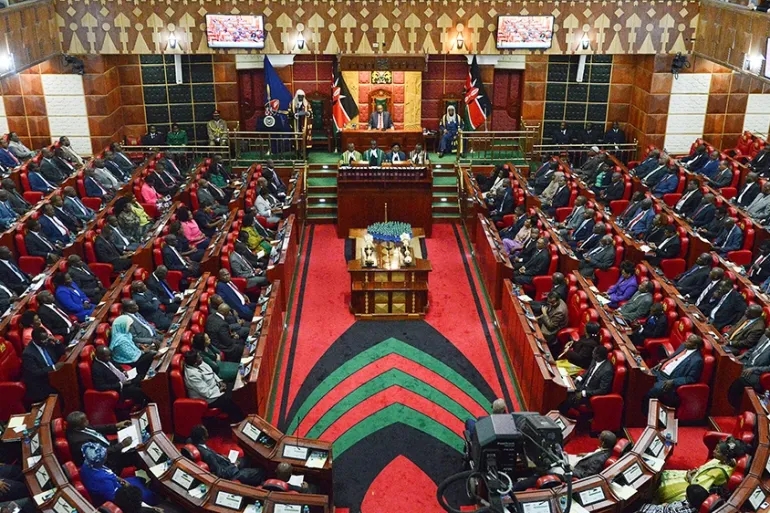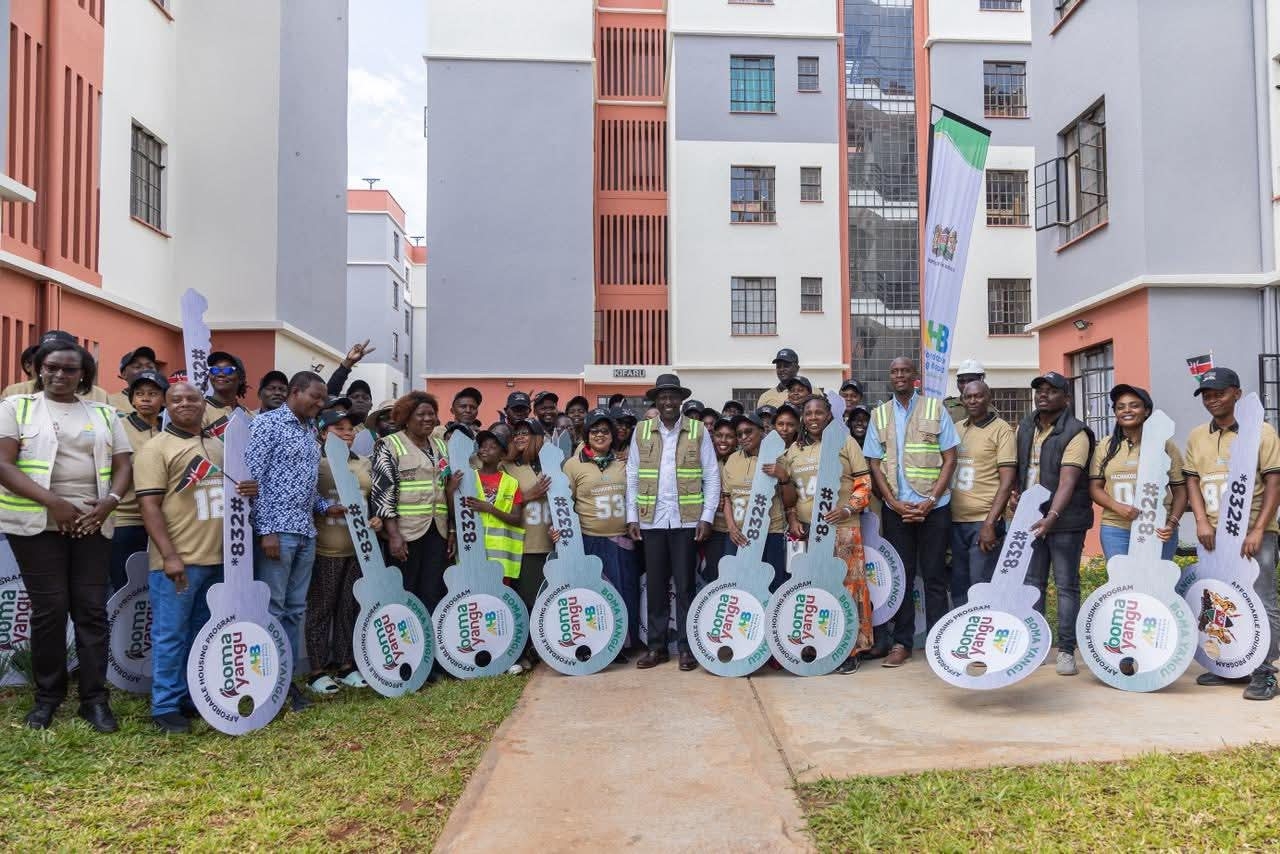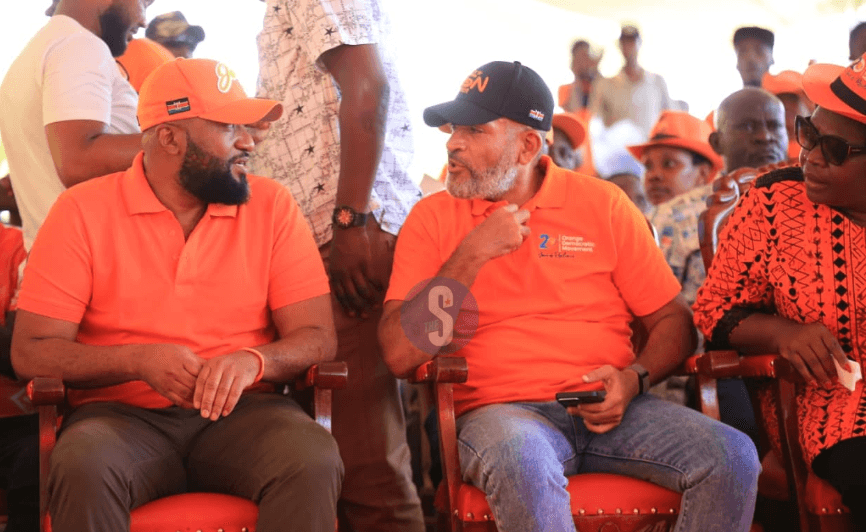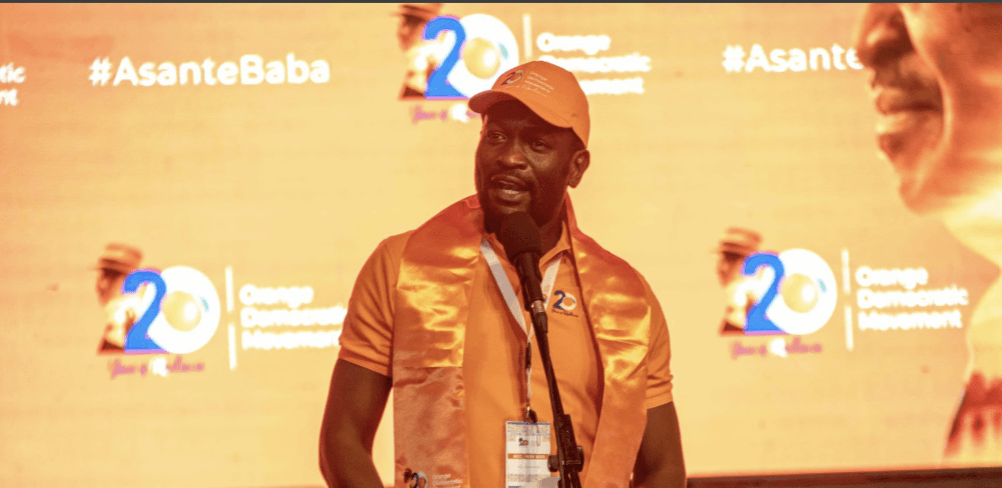How is it possible for a small baby to have a full stomach and still be "hungry"?
That is the question which lies at the heart of the 'Nutrient Gap Initiative', which is a key intervention of the German Life Sciences company Bayer which seeks to expand access to essential vitamins and minerals to 50 million people in underserved communities by 2030.
But first, an answer to the question posed. And the answer is simply this: a full stomach is one thing. And quality nutrition is another.
And whereas a well-educated and well-informed middle-class mother here in Kenya may be well aware of the comprehensive nutritional needs of her newborn baby, there are other parts of Kenya, unfortunately, where a poor and underserved mother considers herself lucky if her baby goes to sleep with a full stomach at all.
And this problem is not just confined to Kenya: Globally, one in three people is surviving on diets lacking the essential vitamins and minerals needed to grow properly, live healthy lives and raise a healthy family.
Often called “hidden hunger,” vitamin and mineral deficiencies are highly prevalent in underserved communities, with women and children being the most vulnerable.
The most pernicious aspect of this type of malnutrition is that it develops gradually over time and gives no warning of the damage that is being caused in its initial phases. Thus, a mother with a child who is actively suffering from “hidden hunger” may well consider her child to be perfectly healthy for months or even years.
The great tragedy here is that the impact may not be seen until irreversible damage is done.
Deprivation of essential vitamins and minerals may cause poor immunity, birth defects, reduced work capacity, learning disabilities, fragile health or failure to thrive - often exacerbating the cycle of poverty.
This is why most micronutrients are part of the World Health Organization Essential Medicine List.
This effort to close the 'Nutrient Gap' is a key step in improving access to nutrition and ensuring food security.
Access to healthcare is a challenge for many people and although progress is being made, infant malnutrition is still a huge health challenge in Kenya.
For example, did you know that around 25 percent of children have growth issues due to chronic malnutrition? Pregnant women also often don’t receive adequate micronutrient supplementation during and after pregnancy.
Here in Kenya, an initiative to tackle this is currently driven by the German Life Sciences company Bayer and implemented by reach52, a social enterprise that enables health services through technology, focusing on training people in rural communities to reverse this trend.
Training 1,600 Community Health Volunteers (CHV) in a train-the-trainer approach, these so-called ‘Agents’ have carried out more than 144,000 engagements with residents in the rural and peri-rural areas of Bungoma, Busia, Elgeyo Marakwet, Homa Bay and Kakamega since the initiative began in 2021.
Equipped with a reach52 access kit, including an Access app where key data can be logged, MUAC tape to measure mid-upper arm circumference – vital for the assessment of nutritional status – face masks, and hand sanitisers, the Agents have what they need to go into communities to monitor children and pregnant mothers.
A resident of Nyangoro village, Rangwe, summed up this process very effectively: “The CHV was knowledgeable on what he was doing. After the screening, he gave us advice on maintaining a balanced diet, types of locally available food that we should eat to avoid malnutrition, as well as the possible complications and diseases that may result from malnutrition,”
Using a digital approach to deliver health services is at the heart of reach52’s mission. Before collecting any data, Agents first obtain informed consent from residents and, when aggregated, the data collected reveal rich insights into the community's health needs. This can then be shared with 'donor' companies and local governments for important medical interventions.
The App also means that Agents can provide advice and guidance on an ongoing basis during multiple visits, while also having verified health information at their fingertips, supporting to counter misinformation for the CHV and the communities they serve.
This initiative that began in Kenya is now being expanded into South Africa with the hope it will be equally successful there.
In South Africa, malnutrition is the underlying cause of death in 50 percent of childhood deaths, with 30 percent of children having little to no access to a healthy daily diet.
Initially focused on the residents of communities in Orlando West, Soweto and Orange Farm, this partnership sees Bayer, Best Health Solutions, Vikelizizwe Solutions and reach52 collaborate to increase healthcare access by training and equipping CMVs, with over 200,000 residents in these areas expected to benefit from improved nutrition and better health.
In addition, as with the initiative in Kenya, through its Consumer Health division, Bayer will make its nutritional products available as part of the partnership, along with helping with education around nutrition within these communities.
By understanding community health needs better, partnerships such as this between reach52 and Bayer result in a direct and measurable impact in rural communities. Through the reach52 App technology, CMVs are truly empowered as community health workers to target specific households with precise interventions.
Making a lasting contribution to these communities is what will make the difference in making access to everyday health a reality with feedback from Agents and residents making it all worthwhile.
But where do we go from here?
With 52 percent of the world lacking access to healthcare and affordable health products and services, this partnership is a blueprint to scale in many other rural communities worldwide.
What has been achieved thus far, may be regarded as a valid proof of concept.
What remains to be done is to scale it up to a point where we close this 'nutrient gap' and meet the nutritional needs of all the babies and children suffering from “hidden hunger”.
Kelly Widdop is the Commercial Lead for South and Eastern Africa at Bayer’s Consumer Health Division, and Edward Booty is the CEO of reach52



